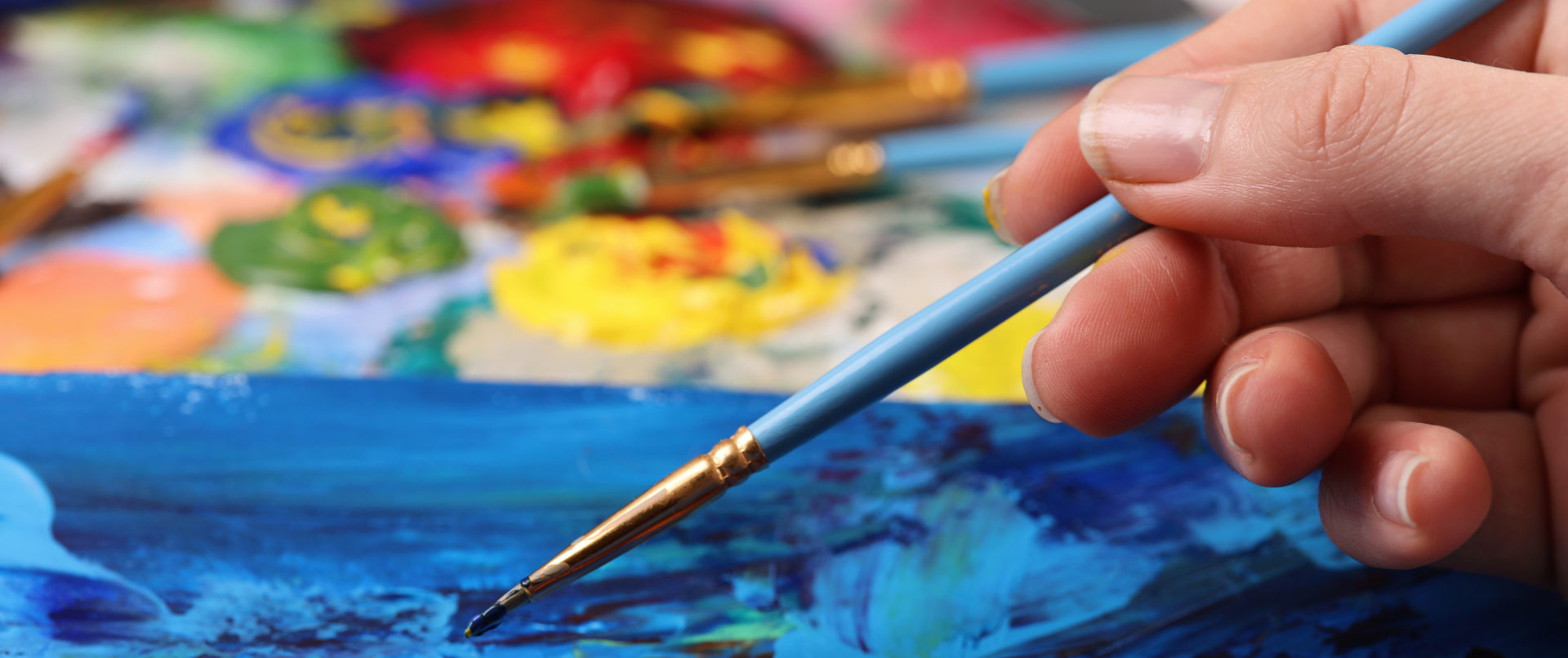Individual Expressive Arts Therapy Services for Adult Survivors of Childhood Sexual Abuse (CSA), and support persons of CSA survivors, ages 18+
Our Expressive Arts Therapy services are provided by CREATE Institute, or Toronto Art Therapy Institute (TATI), Art Therapists in training completing their Art Therapy Practicum. Expressive Arts Therapists in training students are being supervised by a CRPO-qualified external supervisor and the onsite supervisor, Maria Barcelos, MA, RP, Executive Director.
We are now offering personalized sessions designed to address the unique needs of each survivor or their support person. Please note that all individual expressive arts therapy sessions are provided ONLINE only at this time.
The sessions emphasize emotional validation and creative expression, offering a judgment-free space where survivors and/or their support persons can share their experiences and emotions. The aim is to help them feel heard, and supported throughout their healing journey.
In addition to creating a supportive environment, our therapists-in-training equip survivors or their support persons with expressive arts techniques to help manage the challenges associated with childhood sexual abuse. By integrating art, movement, and other creative modalities, we provide survivors with tools to build resilience and maintain a positive lifestyle.
Each participant is eligible for up to 10 individual Expressive Arts Therapy sessions, with the possibility of extending sessions if a therapist-in-training is available.
Fees:
-
- $50 for the initial expressive arts therapy intake
-
- $65 per expressive arts therapy session
How to Sign Up for Expressive Arts Therapy Sessions:
Download and Complete the Intake Form
Expressive Arts Therapy Individual Participant Intake Download
Email completed intake form to Zada@thegatehouse.org
Benefits of Expressive Arts Therapy
Here are the key benefits of expressive arts therapy:

Helps individuals express feelings they may struggle to verbalize.
Provides a safe outlet for difficult emotions such as grief, anger, or trauma.
Reduces emotional suppression, leading to emotional release and relief.

Lowers symptoms of anxiety, depression, and PTSD.
Encourages mindfulness and present-moment awareness.
Supports cognitive processing of traumatic or complex life experiences.

Encourages exploration of self-concept, identity, and life purpose.
Fosters self-discovery and insight through symbolism and metaphor in art.
Builds confidence by validating personal experience through creative expression.

Useful in group therapy to build empathy, trust, and connection.
Enhances non-verbal communication skills.
Promotes sharing of experiences in a supportive, nonjudgmental space.

Engaging in creative activities has calming, meditative effects.
Reduces cortisol levels and promotes emotional regulation.
Provides a break from verbal or analytical thinking, helping the nervous system unwind.

Encourages active problem-solving and creative thinking.
Builds resilience through narrative re-framing and visual storytelling.
Offers constructive tools for coping with life changes and stress.

